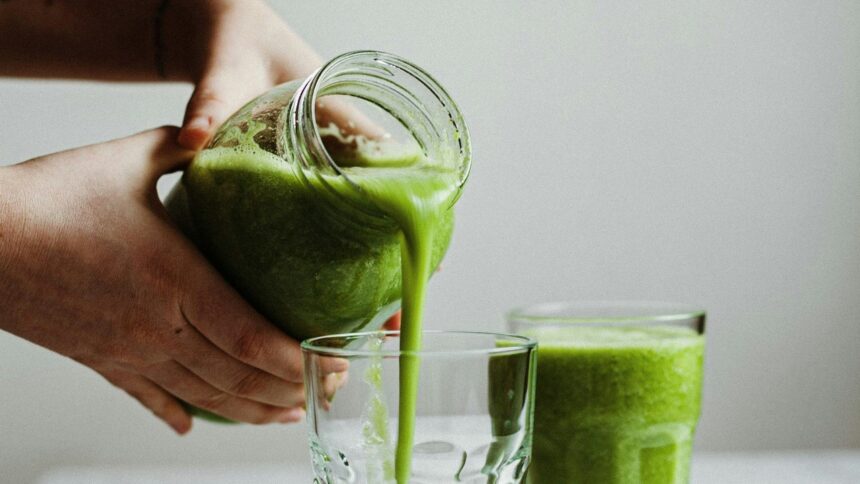Hemp seeds are a great source of fiber, which can help with digestion and weight management. They also contain gamma-linolenic acid (GLA), an anti-inflammatory omega-6 fatty acid that can help reduce symptoms of conditions like eczema and arthritis. They’re also a good source of arginine, an amino acid that plays a role in heart health by helping to regulate blood pressure and improve circulation.
But eating hemp seeds isn’t just good for your body—it’s good for the planet, too. Hemp plants are highly sustainable, requiring minimal water and no pesticides to grow. They also help to enrich the soil they’re grown in, making them a valuable crop for sustainable agriculture. By incorporating hemp seeds into your diet, you’re not only benefiting your own health but also supporting environmentally-friendly practices and contributing to a more sustainable food system.
So whether you’re a vegan looking for a complete protein source, an athlete in need of a post-workout recovery snack, or just someone who wants to improve their overall health, adding hemp seeds to your diet is a smart choice. You can sprinkle them on top of salads, yogurt, or oatmeal, blend them into smoothies, or even bake them into treats like granola bars or muffins. With their nutty flavor and impressive nutritional profile, hemp seeds are a versatile and delicious ingredient that can easily be incorporated into a variety of dishes.
In conclusion, hemp seeds are a nutrient-dense superfood that offer a wide range of health benefits, from supporting muscle recovery and digestion to reducing inflammation and promoting heart health. They’re easy to incorporate into your diet and can be enjoyed by people following a variety of dietary preferences. By choosing hemp seeds, you’re not only making a healthy choice for yourself but also supporting sustainable agriculture and environmental conservation. So why not give them a try and discover all the ways that hemp seeds can enhance your wellness journey?







